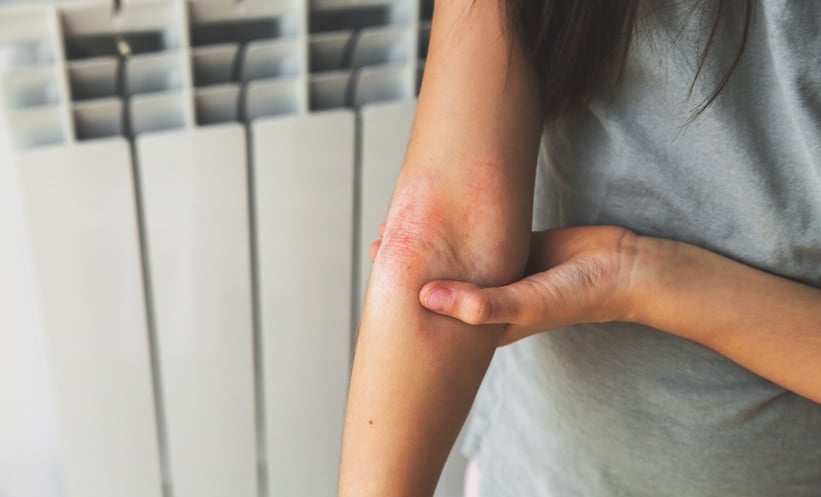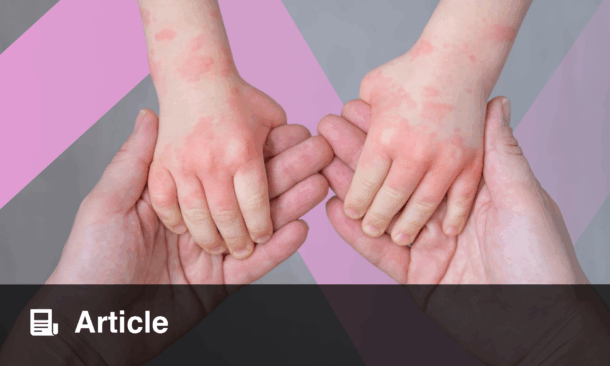THERAPEUTIC options for pediatric psoriasis are growing rapidly, with biologics and oral small molecules now playing a central role in modern treatment. Recent studies show these therapies offer promising results, significantly improving patient outcomes. As pediatric cases of psoriasis continue to rise, clinicians are increasingly turning to biologic drugs and targeted oral treatments to provide effective relief.
Biologics, which target specific immune system proteins, and oral small molecule inhibitors have proven particularly beneficial in reducing symptoms and improving quality of life for pediatric patients. These treatments, which have been extensively studied in adult populations, are now being tailored to children, though there are still gaps in pediatric-specific research. In particular, there is an increasing demand for clinical trials focused on pediatric patients to ensure these drugs are both safe and effective for younger populations.
One of the key metrics used to evaluate the efficacy of these treatments is the Psoriasis Area Severity Index (PASI), which measures the severity of the skin condition, and the Children’s Dermatology Life Quality Index (CDLQI), which assesses the impact of psoriasis on a child’s overall well-being. Data from both tools suggest that the introduction of biologics and oral small molecule inhibitors has resulted in improved scores across the board, particularly in children who were previously unresponsive to conventional treatments.
Despite the progress, there is a continued need for more pediatric-specific research. While current trials show positive outcomes, additional studies are necessary to refine therapeutic decisions and improve long-term results. Pediatric psoriasis research has made significant strides, but experts agree that more trials and therapeutics aimed specifically at children will be essential to optimize treatment protocols.








